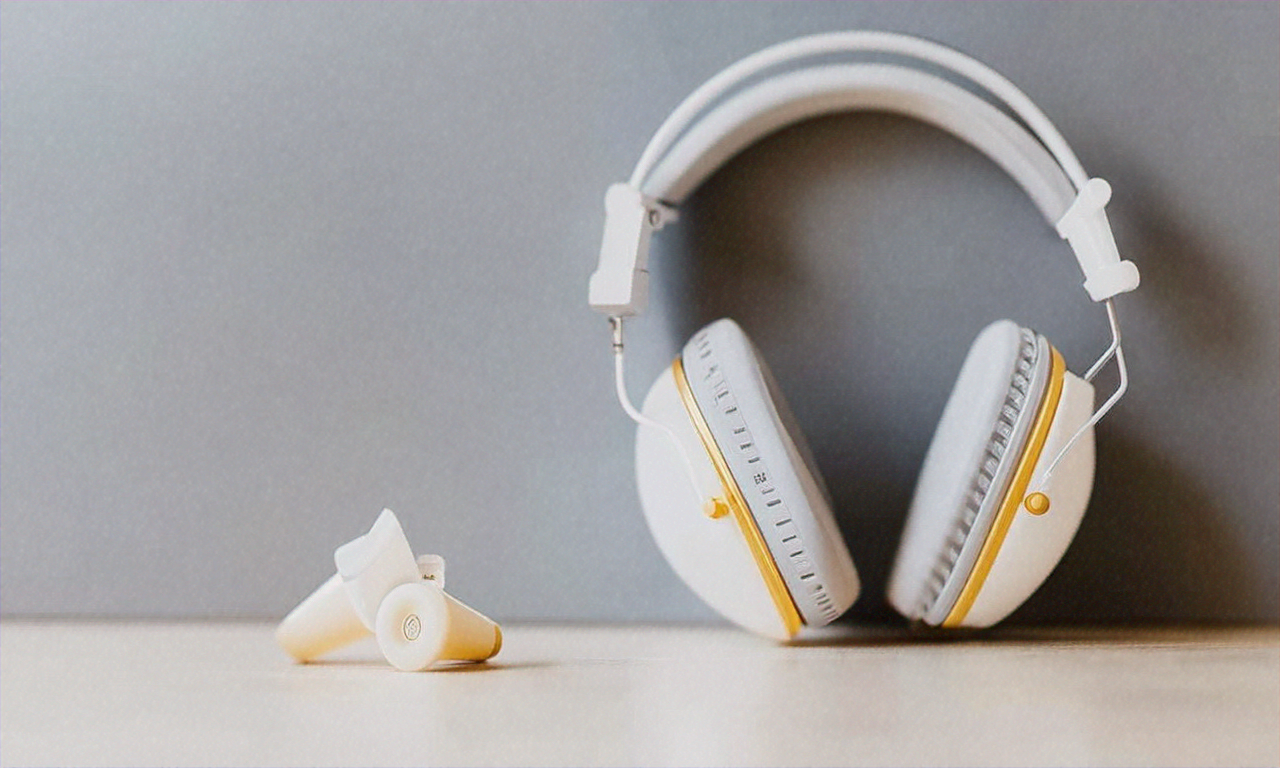Tinnitus Treatment Options You Might Not Want To Miss
Tinnitus, often described as a persistent ringing or buzzing in the ears, affects millions of people worldwide. This condition can significantly impact quality of life, causing stress, sleep disturbances, and difficulty concentrating. While there is no universal cure for tinnitus, various treatment options are available to help manage symptoms and improve overall well-being. In this article, we'll explore effective tinnitus treatments and provide valuable insights for those seeking relief.

Understanding the Nature of Tinnitus
Tinnitus is not a disease itself but rather a symptom of an underlying condition. It can result from various factors, including exposure to loud noises, age-related hearing loss, earwax blockage, or certain medications. To effectively treat tinnitus, it’s crucial to identify the root cause. A thorough medical evaluation by an audiologist or ear, nose, and throat (ENT) specialist is often the first step in developing an appropriate treatment plan.
Sound Therapy: Masking the Noise
One of the most common approaches to tinnitus treatment is sound therapy. This technique involves using external sounds to mask or distract from the internal tinnitus noise. White noise machines, nature sound generators, or specially designed hearing aids can provide relief by creating a soothing background sound that helps reduce the perception of tinnitus. Many patients find that consistent use of sound therapy can significantly improve their ability to cope with tinnitus symptoms.
Cognitive Behavioral Therapy for Tinnitus Management
Cognitive Behavioral Therapy (CBT) has shown promising results in helping individuals manage their emotional response to tinnitus. This therapeutic approach focuses on changing negative thought patterns and behaviors associated with tinnitus. By learning coping strategies and relaxation techniques, patients can reduce the stress and anxiety often accompanying tinnitus, leading to an improved quality of life and better overall management of symptoms.
Exploring Hearing Aids and Tinnitus Retraining Therapy
For individuals with tinnitus associated with hearing loss, hearing aids can be an effective treatment option. These devices not only improve hearing but can also mask tinnitus sounds by amplifying external noises. Additionally, Tinnitus Retraining Therapy (TRT) combines sound therapy with counseling to help the brain habituate to tinnitus sounds, making them less noticeable over time. This approach requires patience and commitment but has shown significant success for many patients.
Lifestyle Modifications and Alternative Therapies
In the United States, many individuals seek complementary approaches to manage their tinnitus symptoms. Lifestyle modifications such as stress reduction techniques, regular exercise, and avoiding triggers like caffeine and alcohol can play a crucial role in tinnitus management. Some patients also find relief through alternative therapies like acupuncture, mindfulness meditation, or herbal supplements. While the effectiveness of these methods varies, they may provide additional support when combined with traditional treatments.
Medications and Emerging Treatments for Tinnitus
While there is no FDA-approved medication specifically for tinnitus, certain drugs may help manage associated symptoms or underlying conditions. For instance, antidepressants or anti-anxiety medications might be prescribed to address emotional distress related to tinnitus. Researchers are also exploring innovative treatments such as neuromodulation techniques and gene therapy, which show promise for future tinnitus management.
Comparing Tinnitus Treatment Options in the USA
For those seeking tinnitus treatment in the United States, several reputable providers offer a range of services. Here’s a comparison of some well-known tinnitus treatment centers:
| Provider | Services Offered | Estimated Cost Range |
|---|---|---|
| American Tinnitus Association | Education, support groups, research | Free - $100 (membership) |
| Tinnitus and Hyperacusis Center at UCSF | Comprehensive evaluation, personalized treatment plans | $500 - $3,000+ |
| Mayo Clinic Tinnitus Clinic | Multidisciplinary approach, advanced diagnostics | $1,000 - $5,000+ |
| Cleveland Clinic Tinnitus Management Clinic | Customized treatment, sound therapy, counseling | $800 - $4,000+ |
Note: Cost estimates are approximate and may vary based on individual needs and insurance coverage. It’s recommended to contact providers directly for the most accurate pricing information.
In conclusion, while tinnitus can be a challenging condition to manage, numerous treatment options are available to help individuals find relief. From sound therapy and cognitive behavioral approaches to advanced medical interventions, the field of tinnitus treatment continues to evolve. By working closely with healthcare professionals and exploring various treatment modalities, many people with tinnitus can significantly improve their quality of life and find effective ways to manage their symptoms.
Disclaimer: This article is for informational purposes only and should not be considered medical advice. Please consult a qualified healthcare professional for personalized guidance and treatment.
The shared information of this generated article is up-to-date as of the publishing date. For more up-to-date information, please conduct own research.




